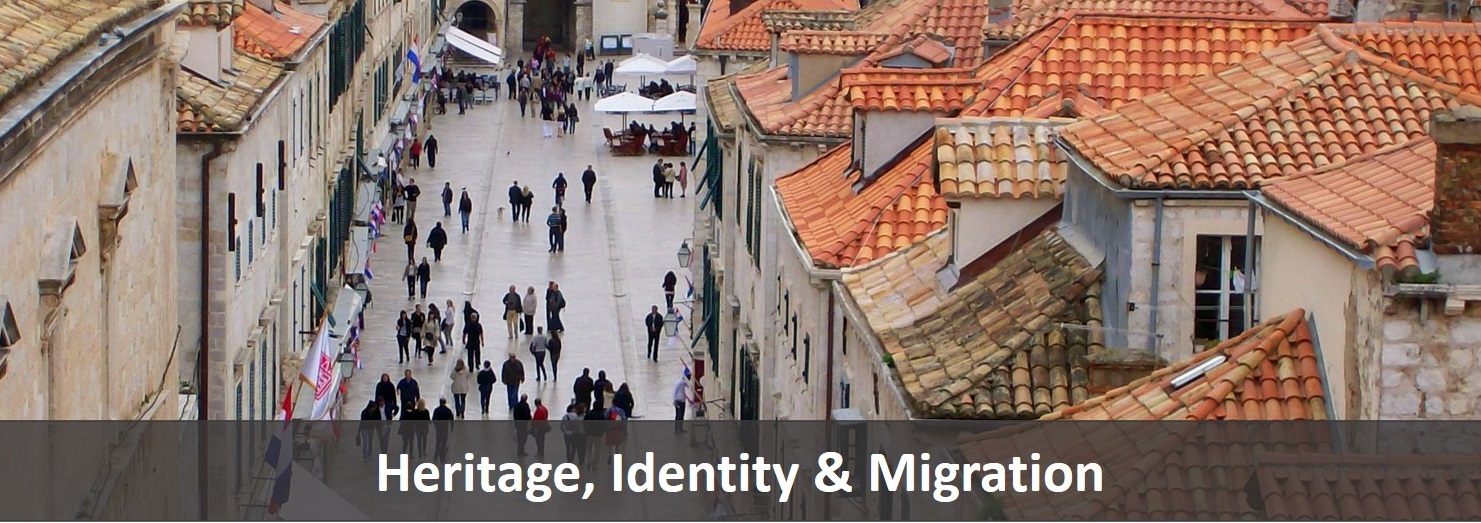Migrations are part of the long-term history of the world, and with them come the movement and co-mingling of people, objects, traditions and ideas but also conflict, the erasure and disappearance of traditions, and challenges to socio-political norms. Wars, conflicts, poverty, and climatic changes have made migration one of the most substantial contemporary challenges in many parts of the world. It is well known that such migrations affect heritage, both through loss and through the generation of new heritage; but the impacts of these changes on wider social wellbeing are less clearly understood. Our overarching aim is further investigation into the roles heritage may take within forced migrations, especially those due to war or climate changes. These are socially fraught and psychologically damaging situations characterised by an overwhelming sense of loss. Can different forms of heritage (intangible and tangible) be used to regain a little sense of connections or re-connection to tradition and act as a source of pride and efficacy? To pursue these concerns at greater depth we hope to develop projects aimed at learning about heritage use within refuges camps and migrant groups. We also hope to investigate the impact of the offering of training (traditional craft, re-building) and capacity building – do such projects provide a sense of self determination and control? Finally, what fuels strong emotional ties to heritage also need to be better understood in order to use heritage in a proactive and targeted way. This means better understanding of what affects attachment to place, and what roles heritage, play in the resilience to change.



















